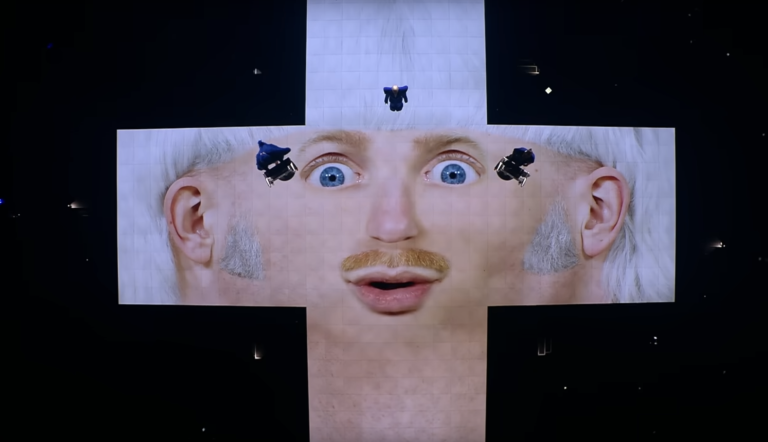
The European Broadcasting Union (EBU) applies double standards when it comes to norms and values.
The Eurovision. Chaos and confusion. When it should be about connection. And why does the European Broadcasting Union (EBU) apply double standards when it comes to norms and values?
So, imagine this: I'm tasked with shooting a film at a client's place—a big multinational. During the shoot at their office, we've got way too many nosy people from the company wandering onto the set. They're bothering my camerapeople, making filming a bit of a nightmare at times.
Especially this PR lady, she's buzzing around with her iPhone like she's shooting the next blockbuster for her pals. She keeps getting in the way even between takes, wanting selfies with the actors—some of them local celebs—and shoving her iPhone in my face with questions when I'm clearly busy working.
I try telling her to back off, but she just won't quit.
Day two rolls around, and it's déjà vu. She's filming things with her camera that absolutely shouldn't be filmed.
I give her another piece of my mind, telling her she really needs to stop, but she keeps going, saying something like "I'm PR," and that's it. I make a ‘threatening move’ toward her—didn't touch her, mind you—and she storms off, annoyed.
A few hours later, there's a cop on the set, and I hear there's an investigation because apparently, I've physically threatened an employee of the company. Another director takes over my work.
Weird, right?
During Eurovision in Malmö, the Dutch contestant Joost Klein is constantly bombarded by camera-wielding folks—vloggers, influencers, journalists. Sure, that whole media circus is part of the deal. But those people need to realize you can't always stick a microphone in someone's face or film everything just because you feel like it.
There are unwritten rules for that. Real journalists know.
And imagine this.
You're being pushed by someone. Again and again. You ask him/her to stop, but nope, this (wo)man keeps on pushing. And if you make a "threatening move" toward that pusher, guess who's in trouble?
But who's really crossing a line here?
Within the EBU (European Broadcasting Union) they have double standards. Different rules for artists than for staff. The latter seem to get a free pass to cross boundaries, create unsafe working conditions, and chase after artists with microphones, cameras, and notepads, while those artists are supposed to be the stars of the event the EBU organized. So what do they do?As a host they create an unpleasant working atmosphere, in fact, they do everything to make their work rather unpleasant.
At the EBU, they have a zero-tolerance policy. But why doesn't that apply to everyone? And in what way have they translated that into clear and concrete rules of conduct for everyone? Both for their own employees, media, and participants. And why does the EBU get to act as both prosecutor and judge?
Jean Philip De Tender is the media director of the EBU. He says Joost has been disqualified, end of discussion, the pusher is in the right. She's been physically threatened. The case is going to court, but Joost has already been declared guilty by the EBU before a judge can make a ruling.
I took a peek at Jean Philip's website. His drive: "Create order in the chaos and chaos in the order." Well, he sure nailed the chaos part last weekend in Malmö.
He writes a book in 2010: "Everything is a story." A story consists of a series of events. It's about crooks, wishes, and wise guys. Jean Philip ought to know that. But with his EBU buddies, they've only looked at one moment. Not at what led up to it. Not the context. And of course, they're not the villains themselves.
Jean Philip also remains silent for a long time about what exactly happened between Joost and the camerawoman (an EBU team member) on Thursday night, and he keeps doing so until Saturday at 12:35 PM. Meanwhile, EBU big boss Noel Curran tells the Swedish radio station Sveriges Radio that the camerawoman tells a completely different story about the incident than Joost. There was much more going on. But what story? Nope, he doesn't say. So, in true Jean Philip style, more chaos ensues.
The Eurovision is about connection, says the EBU. United By Music is their slogan. Meanwhile, the organization is mainly stirring up unrest. During the Eurovision, thousands protest against Israel's participation. Police buses are driving through the streets of Malmö. In their Arena, you hear loud boos when Israel sings. Artists also speak out against the participation of that country and make political statements during their performances, either outright or subtly in their outfits.And to top off all this commotion, they disqualify the Netherlands for making a "threatening gesture”to the camera of one of its own employees. And so, the EBU excels in a series of unclear choices and double standards, playing more and more countries against each other. The EBU is creating chaos in order, as Jean Phillip aims. No love, no connection.
Joost comes second during the semi-finals. Switzerland wins with Nemo. "I broke the code," he sings. On stage, he accidentally breaks the winner's trophy in half. Its symbolism cannot escape anyone.

